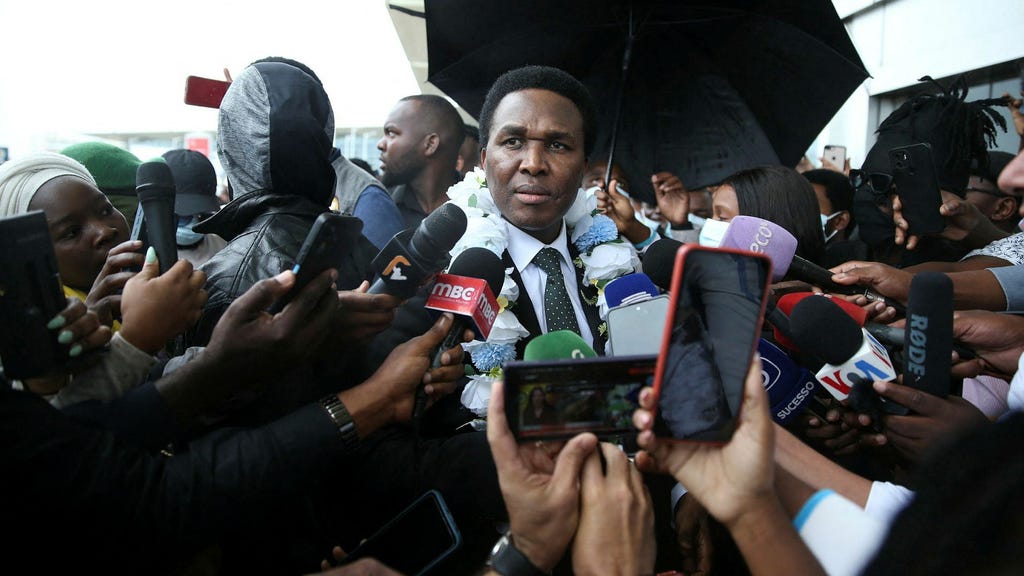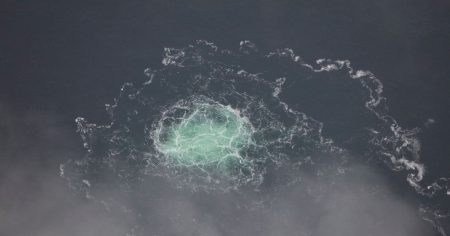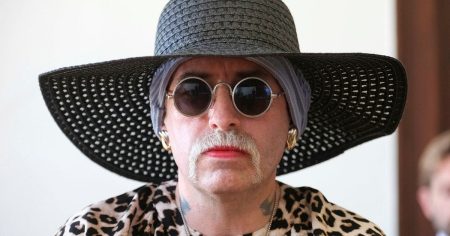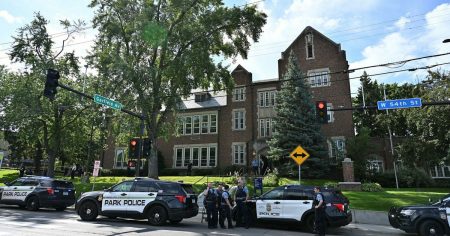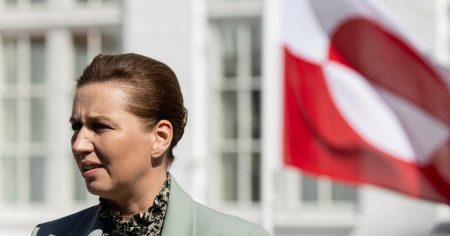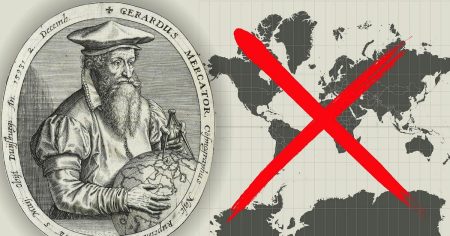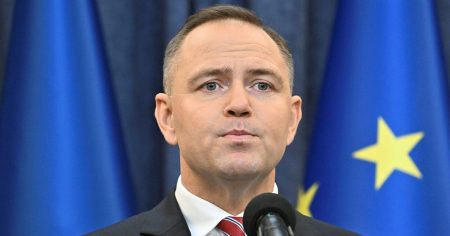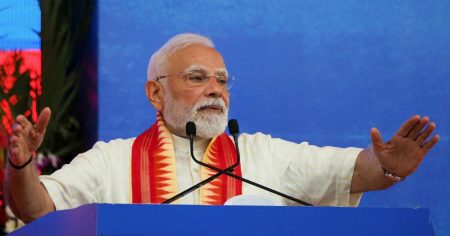The October elections in Mozambique have ignited the most significant political crisis in the nation’s modern history, plunging the country into a state of unrest and uncertainty. The ruling Frelimo party’s candidate, Daniel Chapo, was declared the victor in a highly contested election marred by widespread irregularities and allegations of fraud. These irregularities were so pervasive that independent observers refused to endorse the electoral process, casting a dark shadow over Chapo’s victory and fueling widespread public discontent.
The disputed election results triggered a wave of protests across the country, met with a heavy-handed response from the police and security forces. According to independent organizations, at least 278 protesters have lost their lives in clashes with authorities, highlighting the severity of the crisis and the government’s repressive tactics. The protests gained renewed momentum just before Christmas when the country’s Supreme Court, widely perceived as loyal to the ruling Frelimo party, essentially upheld the contested election results with only minor adjustments. This decision further inflamed public anger and solidified the perception of a deeply flawed and unfair electoral process.
Adding fuel to the fire, Venâncio Mondlane, the presidential candidate for the opposition party Podemos, returned from exile on Thursday morning, further escalating tensions. Mondlane had been living abroad since the disputed election, fearing for his safety amidst the escalating political turmoil. His arrival in the capital city of Maputo was met by thousands of supporters, eager to welcome him back and demonstrate their continued opposition to the Frelimo government. However, the authorities responded with a massive security presence, deploying riot police who used tear gas and live ammunition to disperse the crowds, creating a chaotic and volatile atmosphere.
Mondlane’s return has significantly heightened tensions ahead of next week’s presidential inauguration ceremony, where Daniel Chapo is scheduled to be sworn in as president. Mondlane has threatened to hold a parallel inauguration ceremony, a move that threatens to further destabilize the country and exacerbate the ongoing political crisis. This act of defiance underscores the deep divisions within Mozambican society and the opposition’s unwavering rejection of Chapo’s presidency.
Mondlane has accused the Frelimo regime of committing grave human rights violations in the aftermath of the election, further deepening the chasm between the opposition and the ruling party. He alleges that government forces have engaged in a campaign of intimidation and violence, including kidnappings, extrajudicial killings, and the discovery of mass graves containing alleged supporters of his party. These accusations paint a grim picture of the current political climate and raise serious concerns about the government’s respect for human rights and the rule of law.
Despite the tense situation and the grave accusations against the government, Mondlane has expressed his willingness to engage in dialogue with the ruling party. He has publicly stated his readiness to negotiate and participate in talks aimed at resolving the crisis and finding a peaceful way forward. This offer of dialogue, while potentially offering a glimmer of hope, remains precarious given the deep mistrust and animosity between the opposing sides. The future of Mozambique hangs in the balance, teetering on the edge of further unrest and uncertainty. The international community watches anxiously, hoping for a peaceful resolution to this escalating crisis.





